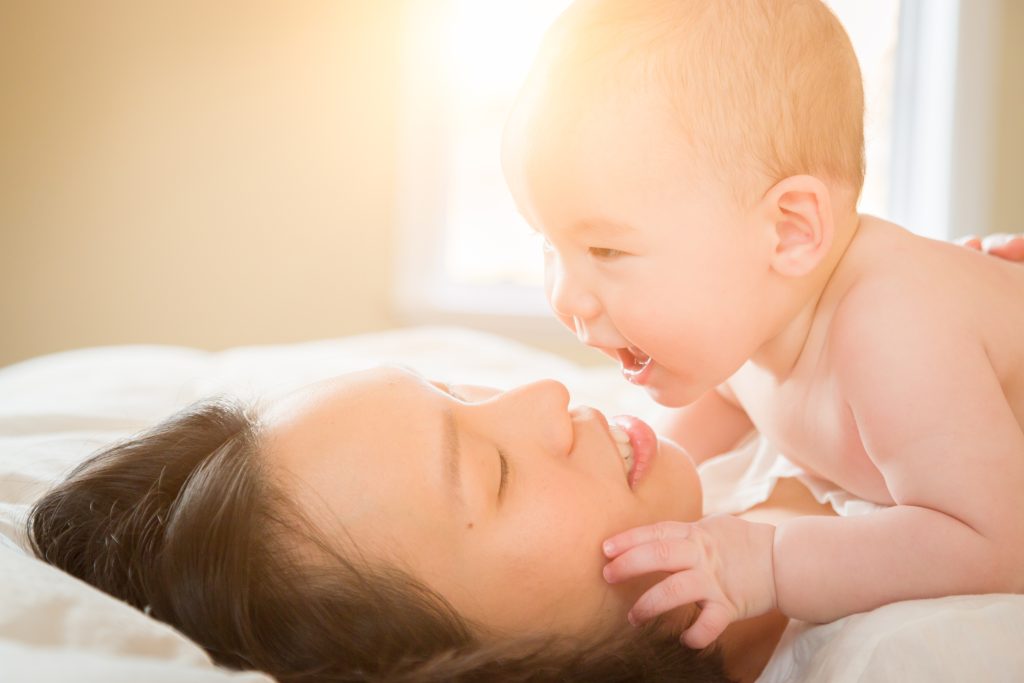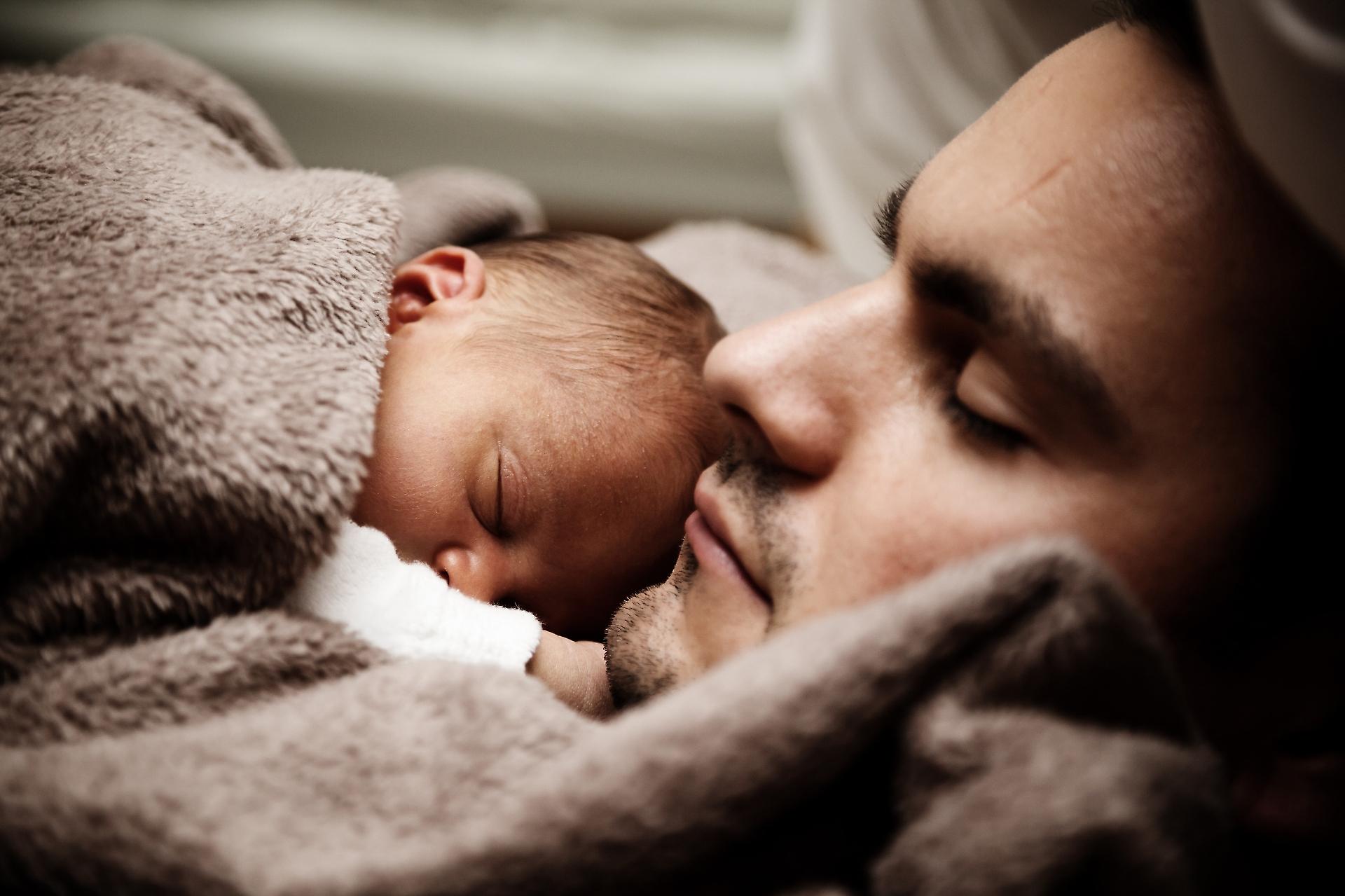Male postnatal depression has long been considered in the same terms as man flu. Reactions can vary from a raised eyebrow to thinly veiled contempt when the subject is broached. Familiar gender stereotypes entrench the belief that a dad ‘can’t get’ postnatal depression because of their limited role in pregnancy, childbirth and the early months of life.
Male postnatal depression is real. Why? Because new dads go through a similar emotional, physical and mental rollercoaster as new mums. Parenthood creates upheaval, trauma and radical change that affects both men and women. In the case of new fathers, this might be the combination of new/expanded responsibilities at home plus the pressure of potentially becoming the sole breadwinner for the family.
What have the dads got to be depressed about?
Societal norms have us believe that new fathers have nothing to be depressed about. However, a ground-breaking study in New Zealand revealed that while men are less likely to seek help, they are just as likely as women to experience postnatal depression.
Other data suggests this can mean as many as 1 in 10 new dads experience postnatal depression and research by NCT suggests more than 1 in 3 new fathers are worried about their mental health.
Misunderstanding postnatal depression
Postnatal depression is not well understood as previous theories believed it was an entirely hormonal issue. That theory is now widely discounted but has undermined one of the primary arguments against male postnatal depression. If men do not experience the same hormonal changes as women, there is no trigger for postnatal depression.
Current thinking considers any form of postnatal depression to be a combination of birth trauma, changes in the relationship between mum and dad, isolation and financial pressures. Whilst the experiences of new mothers and fathers differ, they share almost all of these challenges.
Trauma, isolation and anxiety
After birth, women with postnatal depression often experience exhaustion, feelings of isolation and a sense of being overwhelmed by the demands of their newborn. The experience of a father is not too dissimilar.

Whilst a mother is exhausted from feeding and sleepless nights, a father could be exhausted because he is managing an increased workload around the house and caring for his partner.
A new mother may feel isolated as she stays home with her baby, but a father can experience similar feelings of abandonment and rejection as his partner focuses her attention on their child.
The slow acceptance of male postnatal depression
A traumatic birth is a horrific episode for any mum. The experience for dad is distressing for different but no less significant reasons. Many men who suffer from postnatal depression can trace its origins back, in part, to a traumatic birth.
We are reaching a critical point of acceptance that male postnatal depression exists. However, the glacial speed at which it is being accepted is significant for two interconnected reasons.
Firstly, support services in the postnatal period are geared towards the mother and baby. The slow acceptance of postnatal depression in men will translate to a slow change in support for fathers. Our society needs to take a more family-focused approach to perinatal and postnatal care. Only then will male postnatal depression be treated on equal terms.
The impact of male postnatal depression on children
Secondly, we need to actively consider the impact of paternal postnatal depression on the development of babies. Research in the field is increasingly demonstrating a direct link between a child’s psychosocial and cognitive development and the influence of their father. Consequently, we cannot continue to write off male postnatal depression as simply a sign of ‘weakness’ or a myth.
The alternative is to continue leaving men with postnatal depression to fend for themselves. Not only will this harm parents but it will also create further mental health issues in the future. Sons and daughters will suffer because of undiagnosed and unsupported paternal depression.
Counselling and support for new parents
Are you or your partner struggling to cope with parenthood? Is it causing tension in your relationship and leaving you feeling isolated and anxious? The Spark’s counselling services are available to help you and your partner cope with the challenges of becoming parents.
Our couples counselling provides an opportunity to talk about your experiences and perspective with a trained counsellor. To find out more freephone our team on 0808 802 2088 or complete a counselling enquiry form.
You can also review our tips on bonding with baby and maintaining your relationship with your partner.

